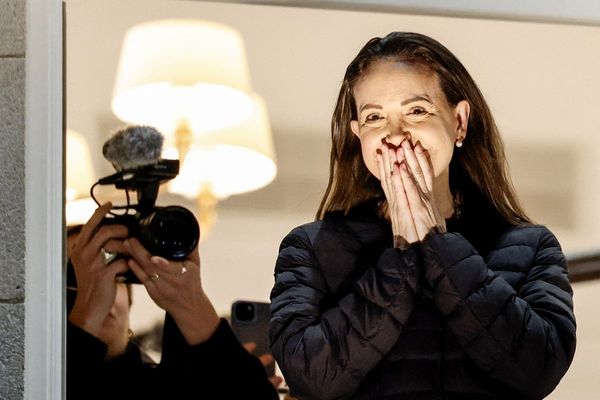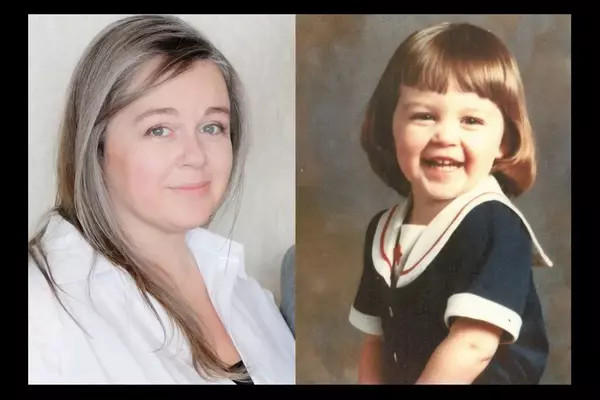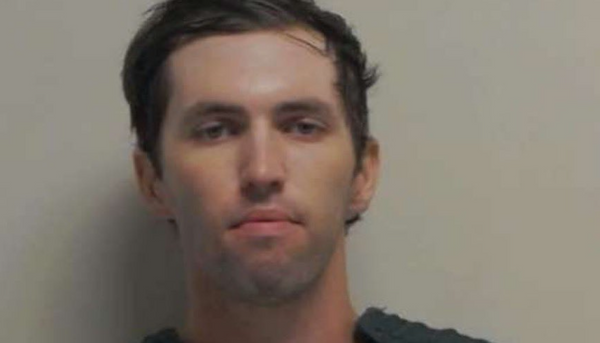
U.S. Health Secretary Robert F. Kennedy Jr. has announced that the United States will stop contributing to Gavi, the Vaccine Alliance, until the organization regains public trust. This decision could impact Gavi’s plan to provide 500 million childhood vaccinations and save 8 million lives by 2030.
According to Politico, speaking at Gavi’s pledging summit in Brussels, Kennedy criticized the organization’s handling of vaccine safety and its COVID-19 vaccine recommendations. He specifically questioned Gavi’s approach to pregnant women receiving COVID-19 vaccines and accused the organization of ignoring scientific evidence when it was “inconvenient.”
“Business as usual is over, unaccountable and opaque policymaking is over,” Kennedy declared in his video address. He called for a new era focused on evidence-based medicine and scientific integrity, demanding that Gavi justify the $8 billion in American funding it has received since 2001.
U.S. funding status remains unclear as Gavi seeks $9 billion in new pledges
The future of U.S. support for Gavi hangs in the balance, with an earlier pledge of $1.58 billion made under former President Joe Biden now uncertain. The previous Trump administration had indicated plans to reduce Gavi funding by approximately $300 million per year.
RFK Jr must resign! He threatens the health of our nation! Gross incompetence! https://t.co/AayCNIHbsg
— Cathy Olson (@CathyOlson1) June 25, 2025
Kennedy, who has been criticized for creating his own medical echo chamber at the CDC, accused Gavi and the World Health Organization of collaborating with social media companies to suppress opposing viewpoints during the COVID-19 pandemic. He claimed these organizations worked together to silence legitimate questions and restrict free speech.
Since taking office as health secretary, Kennedy has made significant changes to U.S. vaccine policy. He has limited access to COVID-19 vaccines and dismantled the Centers for Disease Control and Prevention’s vaccine advisory panel, replacing its members with his own selections in what he called a ‘clean sweep’ to rebuild public trust, including some individuals with controversial views on immunization.
In his address, Kennedy acknowledged some positive aspects of Gavi’s work, particularly its efforts to make medicine affordable worldwide. However, he strongly criticized what he described as the organization’s treatment of vaccine safety concerns as public relations issues rather than genuine health concerns. The impact of Kennedy’s decision on global vaccination efforts remains to be seen, as Gavi works to secure funding for its ambitious 2026-2030 vaccination programs.







